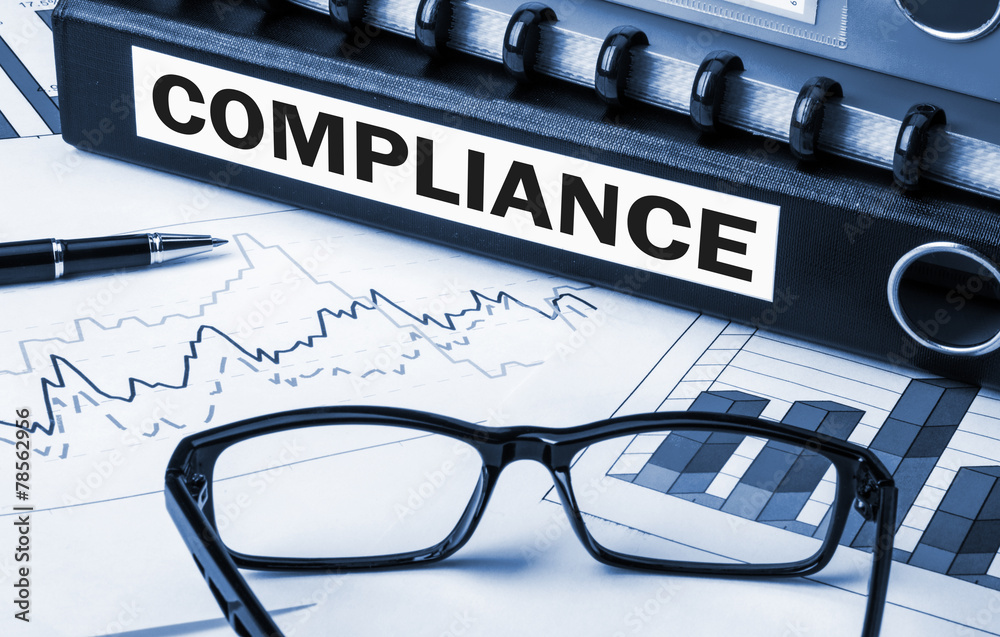A strong company culture is built upon a solid foundation of ethics. Many construction companies have a standard compliance document that each new employee must review and sign. Having a documented code of conduct is very important, and if you do not have one it is best to put one together right away. Keep in mind that this document is rarely revisited after the initial onboarding process.
Building and maintaining a culture of ethics, which will help prevent non-compliant and unethical behavior, requires more than the initial signed document. It also requires yearly ethics training and assigning of role models from the top down in the organization.
Reviewing this document with your team over bagels and coffee is not sufficient when it comes to ethics training. You need to be clear on what types of resources, skills, and support your team members need to become better in their positions. On a one-on-one level, ensure that each person understands their performance targets and has a sufficient timeline to reach these goals. Many times, leaders are not aware of the time or resources required to achieve a final product. Ongoing discussions will help keep you informed along the way.
When you have these types of trainings and discussions with your teams, both as individuals and a group, you build a stronger team, increase productivity, and foster an environment of collaboration and professionalism. You also have the unique opportunity to keep a pulse on the team dynamic and learn how your staff is growing in areas or skillsets that you may not be aware of. It may even allow you to reallocate tasks within the group to better utilize people’s unique abilities.
Non-compliant and unethical behavior exists in organizations with leaders who foster a culture of “do as I say, not as I do.” It is imperative that members in leadership to be role models for the behavior they want in the entire organization. This begins with reviewing employee expectations and making sure you are modeling the same expectations. It also includes everything from dress code to punctuality, adhering to deadlines, and having a positive attitude. It all begins with you.
Building and maintaining a culture of ethics is as simple as having frequent discussions about expectations and challenges with your staff and modeling the behavior you wish to see in others. By incorporating both of these, you will quickly be able to spot any potential bad apples in the bunch and take swift action to remedy the situation.








